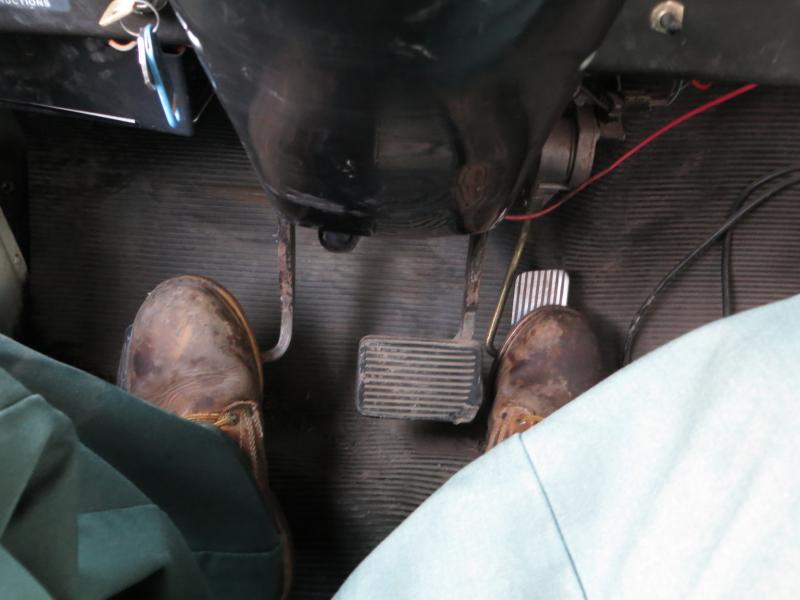- About Archives
- About SAA
- Careers
- Education
- Publications
- Advocacy
- Membership
Archivists and special collections librarians across the country are employing myriad approaches to community documentation, ranging from crowdsourcing and scanning events to social archives, digital memory projects and documentary films. Among these approaches, oral history is especially effective, enabling archivists to animate and expand local history collections. According to Elizabeth Sargent, Manager of the Houston (TX) Public Library’s Metropolitan History Center: “Oral histories are so powerful because it is often the everyday person that is the source of information, exactly the kind of source that is not usually found in an archival collection.”
Sargent is one of 77 public library archivists I interviewed during research for Archives Alive: Expanding Engagement with Public Library Archives and Special Collections (ALA Editions; 2015), a book designed to highlight emerging trends in archival programming in the public library setting. Those interviews revealed the extent to which archivists are using oral history to build collections and community connections; they also revealed current trends in current oral history work, including the following.
Outreach to newcomers and other groups under-represented in local history collections
Public libraries have been long-time participants in national oral history projects such as the Veterans History Project, StoryCorps, and the Civil Right History Project. Beyond these initiatives many local archivists are using oral history to broaden the scope of experiences represented in their collections, especially with respect to newer populations.
Documentation of contemporary events and disasters
Oral history work takes on new immediacy and community value when archivists document local events such as festivals, commemorations or catastrophic events. Some archivists involved with events documentation have found themselves in the position of “first responders,” helping people to process their experiences while creating a record for all community members. Angela Blackman, manager of Special Collections at the Nashville (TN) Public Library, sees her staff functioning as “the eyes and ears of the community during important events…capturing residents’ responses in real time.”
These examples, and others discussed in Archives Alive reflect public library archivists’ commitment to oral history, a commitment best expressed by Natalie Milbrodt, manager of the Queens Memory Project: “Oral History is a great way to democratize archives and to make the public library the place that gathers and presents community memories.”
Sample Images
Image 1. Pedalos, taken by Duvin, a refugee from Central America who participated in Chicago Public Library’s Sulzer Regional Library Forced Migration Photovoice Project. Duvin is employed as a truckdriver. He states:
I like this picture a lot because somehow it makes me see how life can change from one moment to the next, without sometimes giving us the option to choose one way or the other. When I was in my country which is in Central America, I wanted to be a lawyer and now here I am working as a truck driver. It isn't the job I thought it would be, but I have learned to enjoy it. It also makes me think that everyone has the power to make the necessary changes for a better life.

Image 2. Both Sides of the Lens: Photographs by the Shackelford Family, Fayette County, Alabama (1900-1935), Birmingham Public Library Department of Archives and Manuscripts.

Image 3. Luke Herbst of Nashville Public Library’s Special Collections Division training oral history volunteer Jocelyn Lopez
